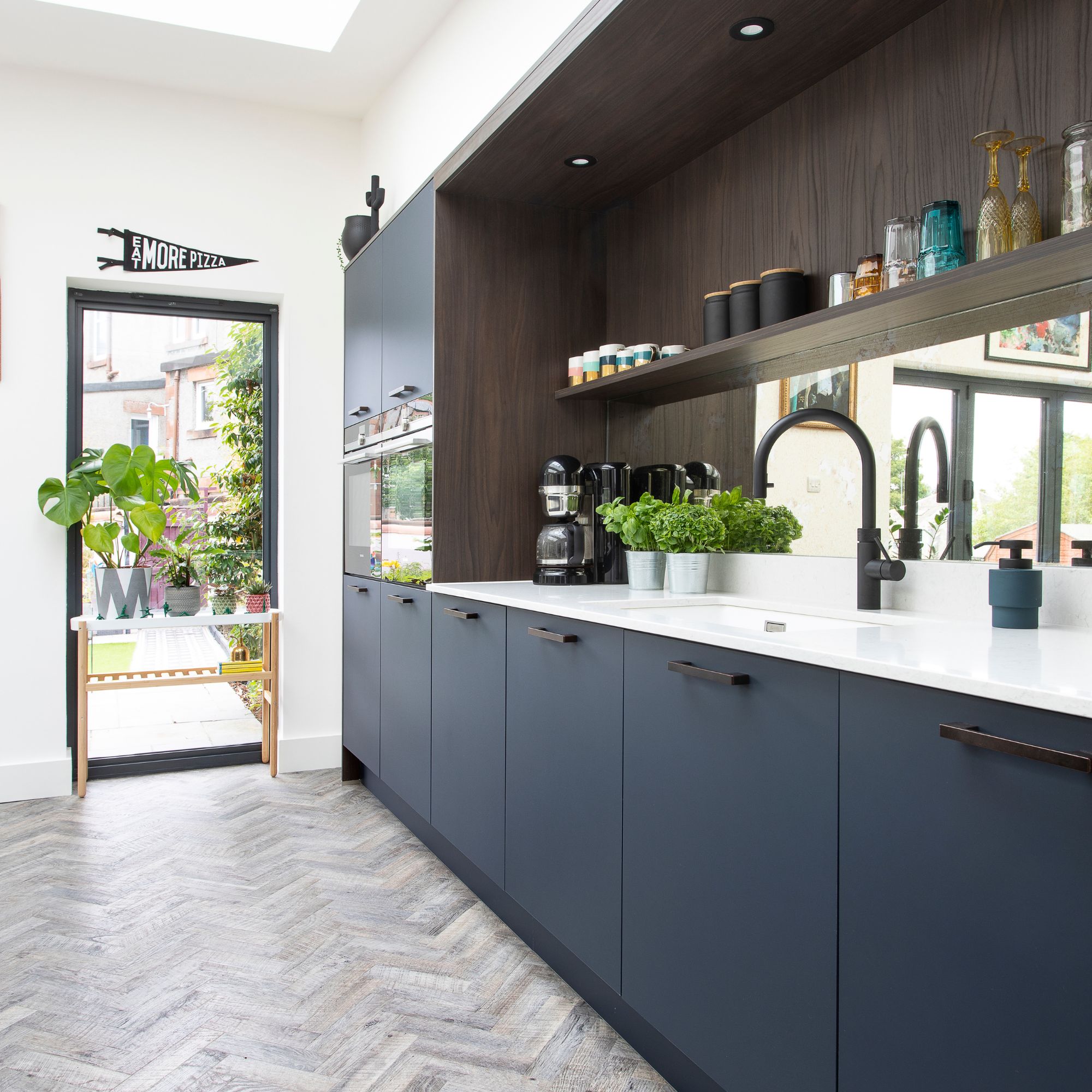
Transforming where you live can be expensive business so knowing how to renovate on a budget is key if you want to create your ideal home without breaking the bank.
But it's a balance. After all, renovating too cheaply can leave you with a sub-par result that doesn't last. A key part of renovating on a budget is knowing where you can save without sacrificing quality and where spending a little extra is absolutely worth it.
Follow these tips to keep your costs under control while renovating your home, while still getting the result you desire.
1. Establish your budget and timeline
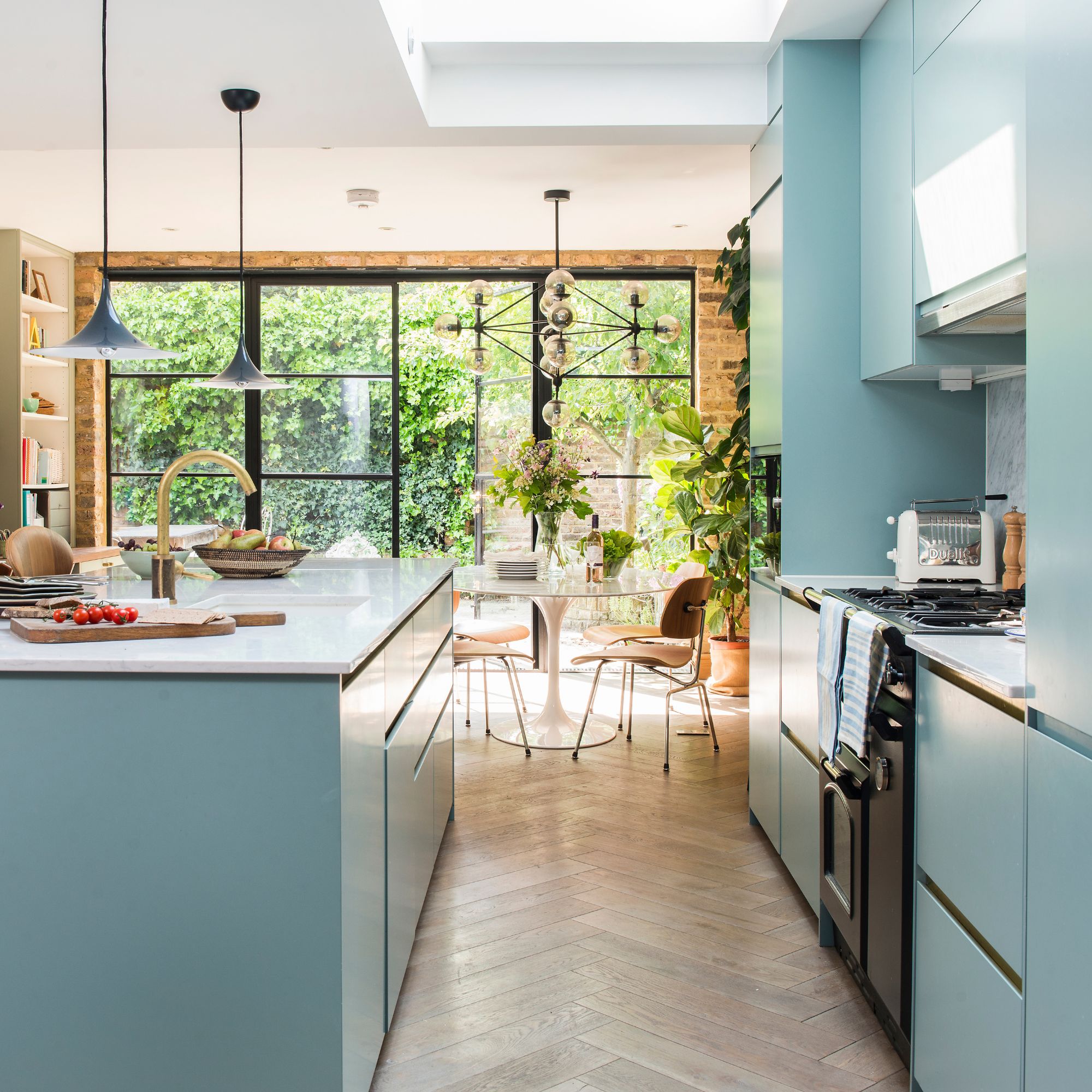
The first step in any renovation project is to figure out how much you have to spend.
Once you have established a renovation fund, put 10-15% of it aside as a contingency fund so you have a bit of a buffer should any unexpected issues crop up.
In order to stick to your budget throughout the renovation work, you will need to keep track of every bit of spending (using a spreadsheet with simple formulas is an easy way to do this).
You'll also need a clear timeline that you are working with. Gareth Davies, as Design Director at Classic Interiors, says: ‘If there’s one thing I wish homeowners knew, it’s that a clear plan is everything. It’s tempting to make decisions as you go, but without a budget and timeline, costs can spiral quickly. Taking the time to research, plan and choose your key priorities upfront saves a lot of stress and money later.'
2. Figure out what you need

In order to renovate on a budget, you'll need to prioritise the work that needs to be done. Take the time to come up with an ultimate list of everything you could ever want or need to do to your home and then split it into two further lists — one of things that absolutely need to be done, and one of things you would like to do.
Once you have that priority list, you can get quotes and allocate your budget accordingly. Anything left over can start to be allocated to your wants list.
For example, if you are in desperate need of an additional bedroom, a loft conversion may be the most cost-effective option (depending on the structure of your roof). But if you'd also like some additional space downstairs, and your budget will stretch, then a two-storey extension could be a good option.
3. Choose your team carefully
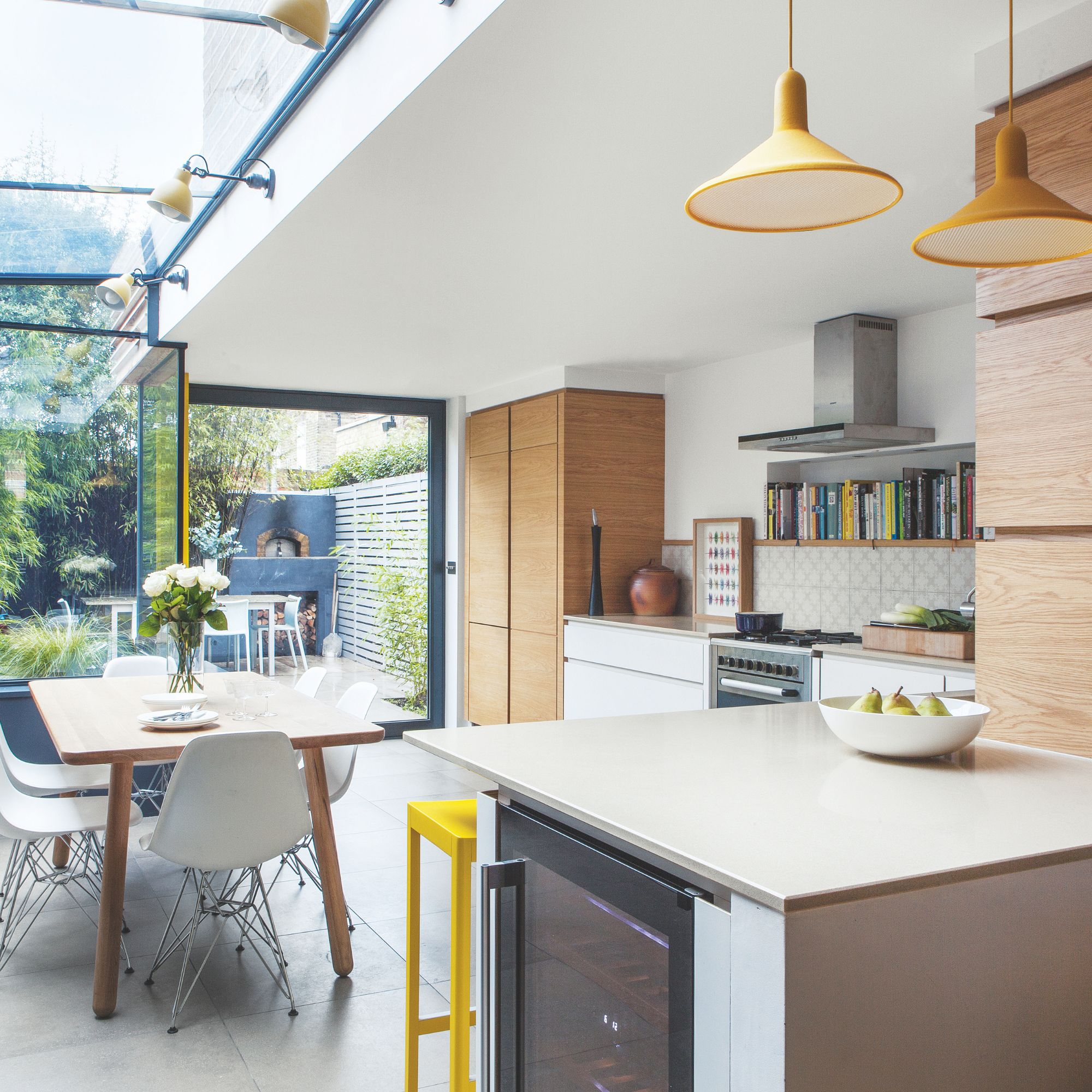
Depending on the scale of your renovation plans, you might need to appoint a team of professionals to help you. But being savvy about who you choose could help your budget stretch further.
For example, some renovations may require an architect or architectural technologist to come up with your plans, especially if you are planning a significant transformation. For simpler projects, there's nothing to say you can't draw up these plans yourself, or use a draughtsperson or even your building contractor to draw up the plans.
If you are doing it yourself, you'll need to research what they need to entail if you are using them when applying for planning permission, building regulations or for builders to tender for the job.
4. Always get at least three quotes
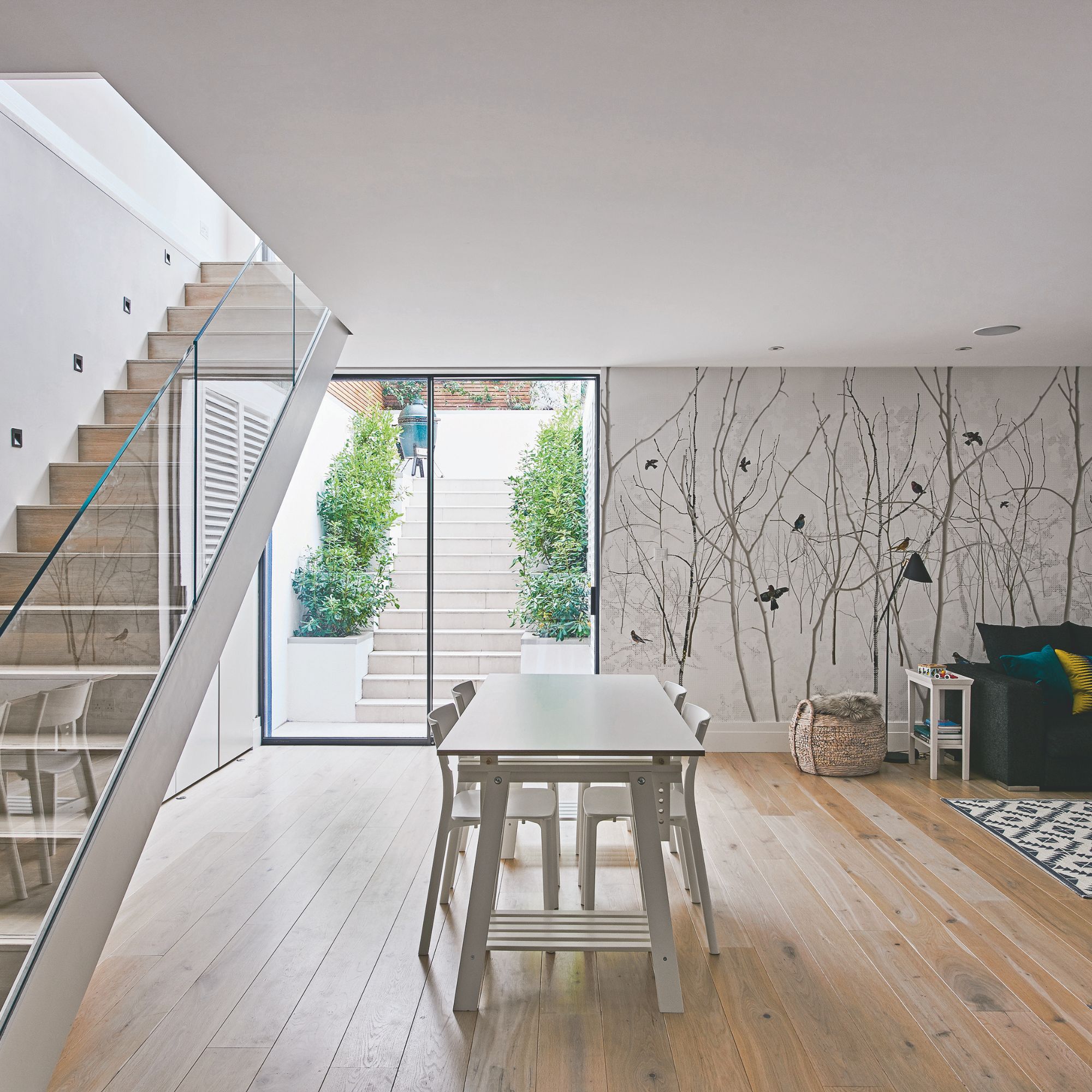
It can feel like a faff, but if you want to renovate on a budget, you'll need to make sure you're paying the best price. And that means you'll need multiple quotes to compare.
Phil Spencer, property expert and founder of the property advice website Move iQ, says: 'Get quotes from multiple contractors and ask them to quote for the same thing, so you can compare like with like. When you’ve chosen your preferred contractor, agree a payment schedule with them and make sure you track all expenses carefully.'
But be cautious too. Even if you are trying to stick to a tight budget, you should be wary of any quote that seems to good to be true. Speaking to previous clients and seeing examples of previous work can help you make your decision.
5. Act as your own project manager
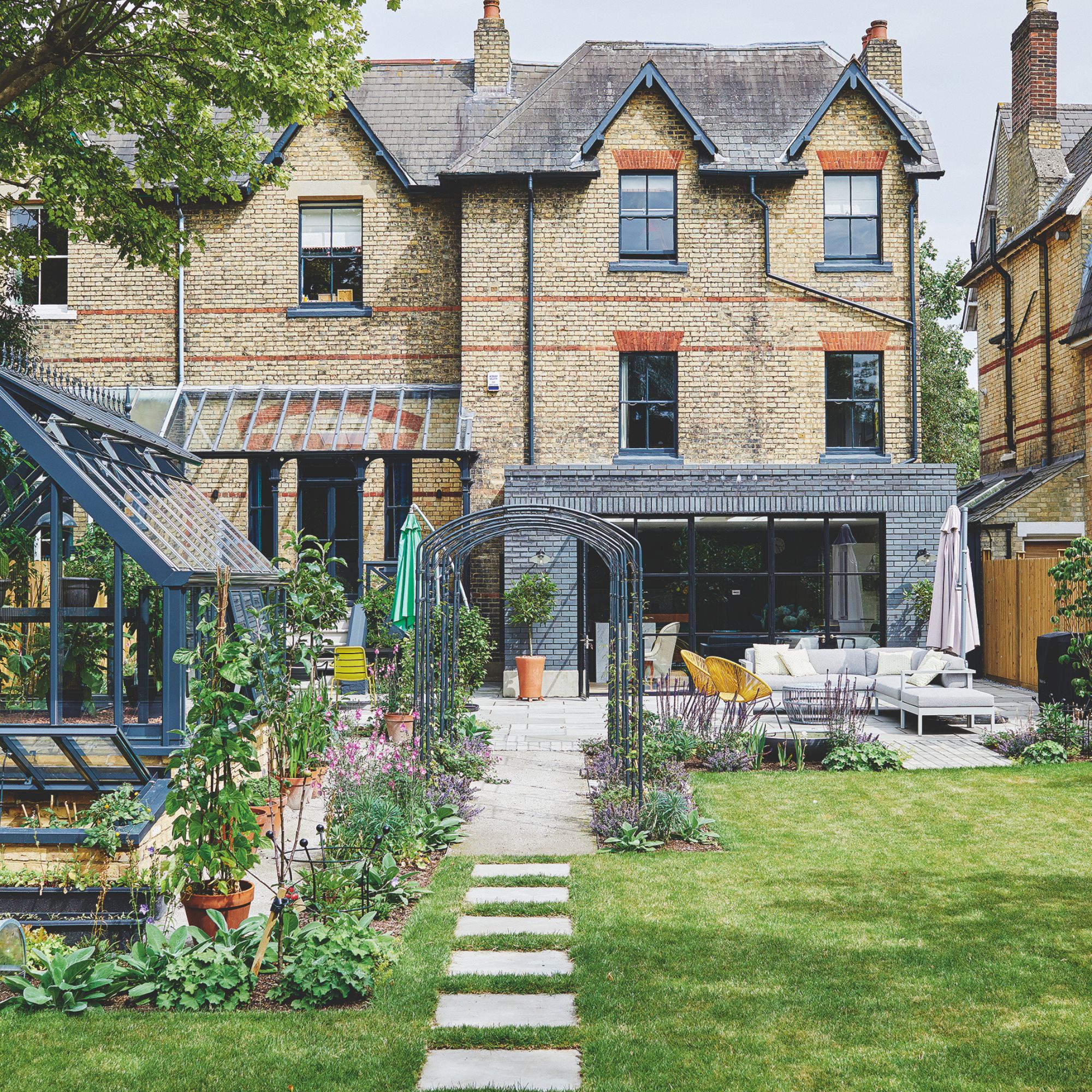
You could save some serious cash by acting as your own project manager instead of paying someone else to do it.
You'll be the one negotiating with other tradespeople ensuring you pay the best price, plus you can choose which parts you might want to do on a DIY basis.
But while this can save money, it's an important and time consuming job, so you'll need to be sure you are up to the task. You'll be responsible for coming up with the schedule of works and ensuring the project runs smoothly and safely. Dealing with any issues that may arise will also fall to you.
6. DIY what you can

A key way you can save some money while renovating is to get stuck in and do some of the work yourself. But it's crucial you only take on tasks you can do competently rather than biting off more than you can chew. And even seasoned renovators have jobs they wish they left to the pros.
Julie Gokce, Senior Designer at More Kitchens, says: 'People often undervalue the cost of undoing poor renovation work, and it can end up costing you far more to redo something that hasn't gone well than if you had found someone who could do the task effectively the first time.
'Removing ruined materials, repairing the damage left behind (to the floor or walls), and then starting all over again, all cost time and money. In the end, you can find yourself paying three times; once for the initial work, again to undo it, and finally to have it done properly.'
For those tasks you can't do, it's best to pay for a pro to do it. Electrics and plumbing should always be left to a professional.
7. Get creative

A big part of working with a tight renovation budget is that sometimes you need to get a little bit creative to get the look you want without gobbling up your entire project fund.
For example, you might love the look of polished concrete or flagstone floors, but it might be beyond your budget. But you could go for vinyl flooring that gives you the same look at a fraction of the price.
8. Be a savvy shopper
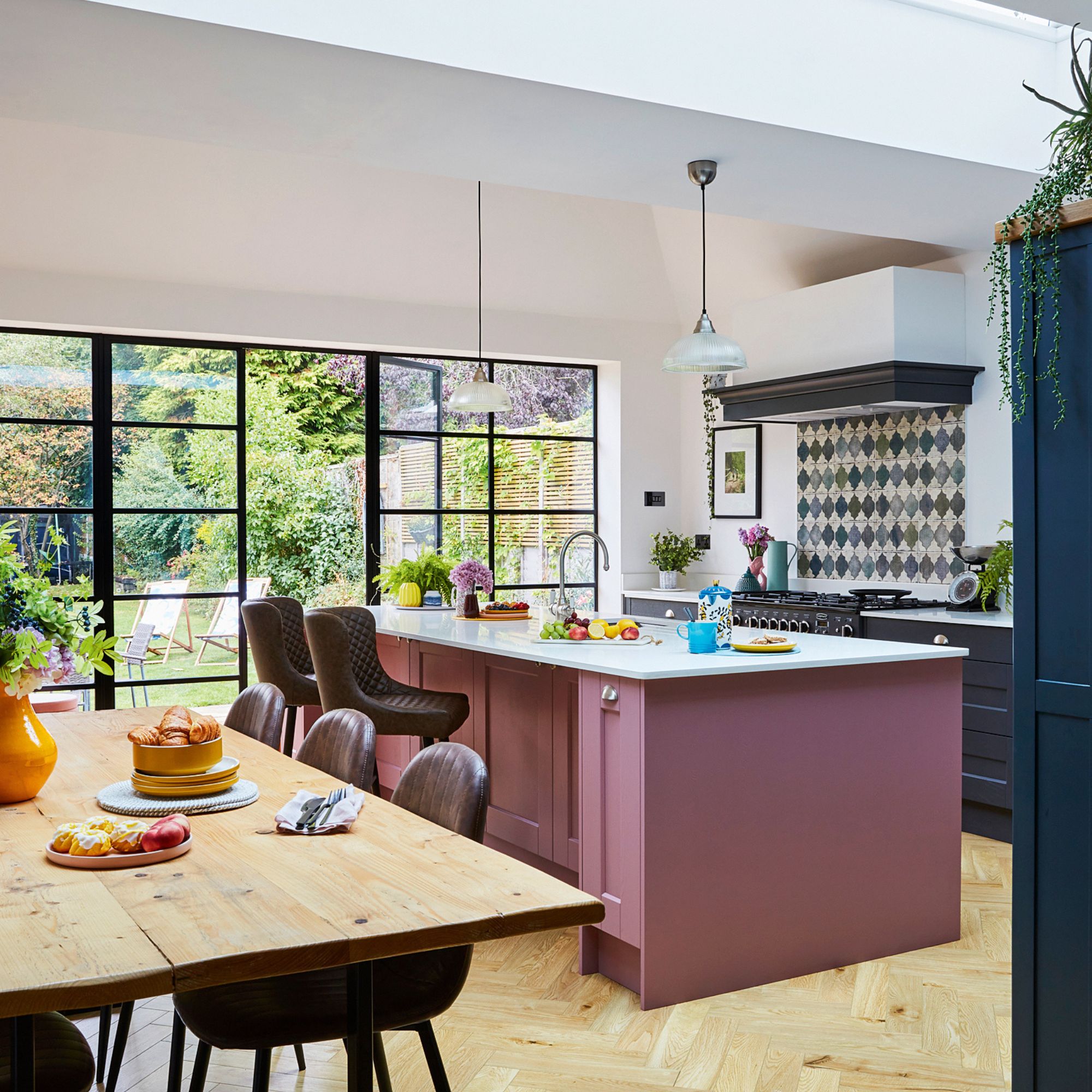
When it comes to buying materials for your renovation, you'll need to be savvy if you want to pay the best price.
Choosing off the shelf products as opposed to bespoke is vital if you are trying to stick to a tight budget, as is buying secondhand.
You should also shop around, keep your eyes peeled for any sales, bargains, or bulk buying incentives and it never hurts to know how to haggle to get a better price.
For finishing touches, try paint matching services to get the colour you want for less.
9. Mix premium with budget buys
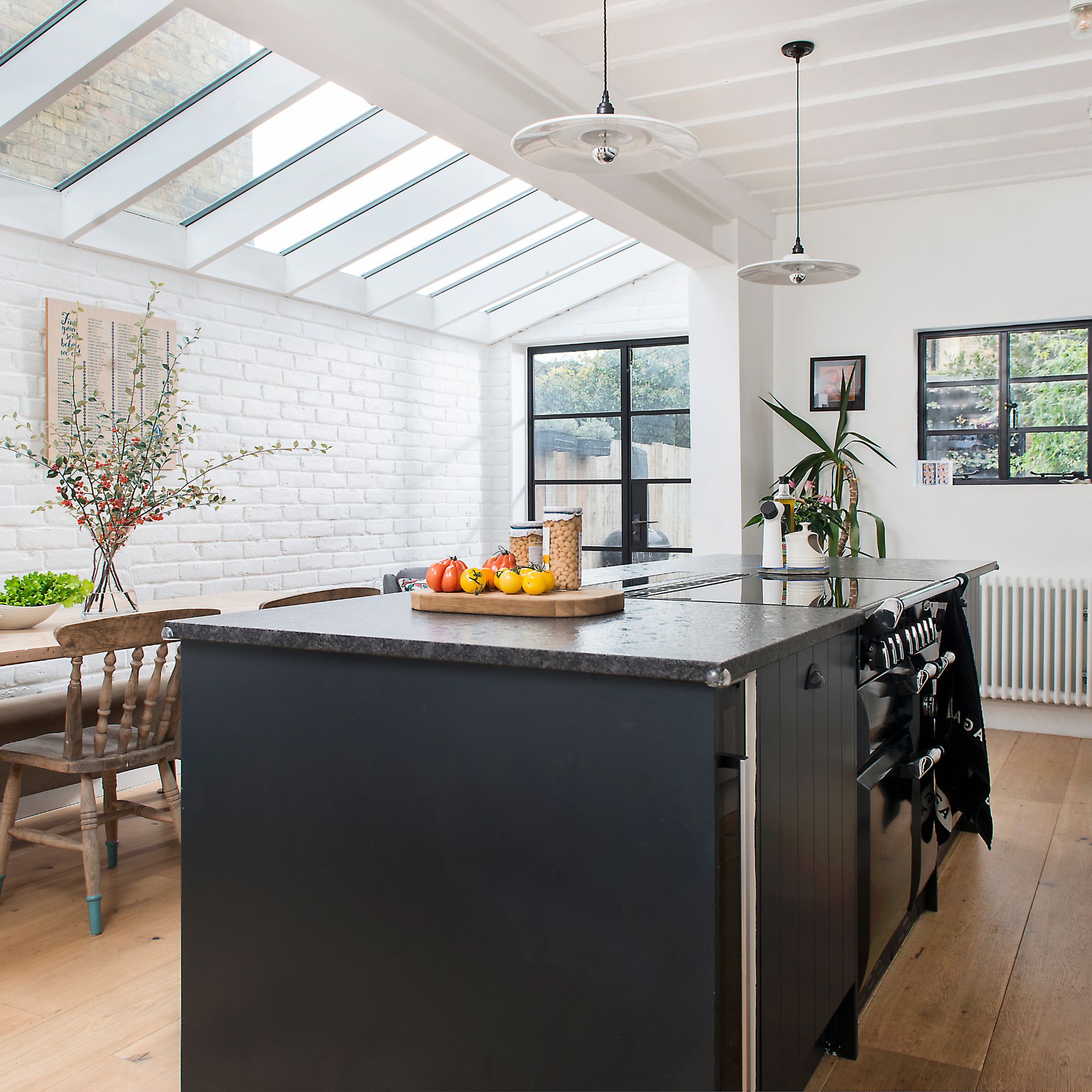
Even if you are working with a tight renovation budget, spending a bit more where it counts can make it look like you spent loads more than you actually did.
For example, spending a bit more on high quality windows and doors means you get something that has a longer lifespan and need less maintenance. Positioning these well will also flood your home with natural light, making it feel brighter and more spacious, which means it's money well spent.
10. Reuse what you can
If you plan on knocking anything down while you renovate, it's worth coming up with a plan as to how you might be able to reuse any of those materials, like roof tiles or bricks, elsewhere.
Not only can this be good for your purse strings, it's also really good for the environment by reducing the amount of waste that needs to be disposed of.
Even if you are trying to complete your renovation on a budget, it's worth making sure the money you are spending is going to boost what your home is worth. Avoiding these pointless home improvements is a good starting point.







